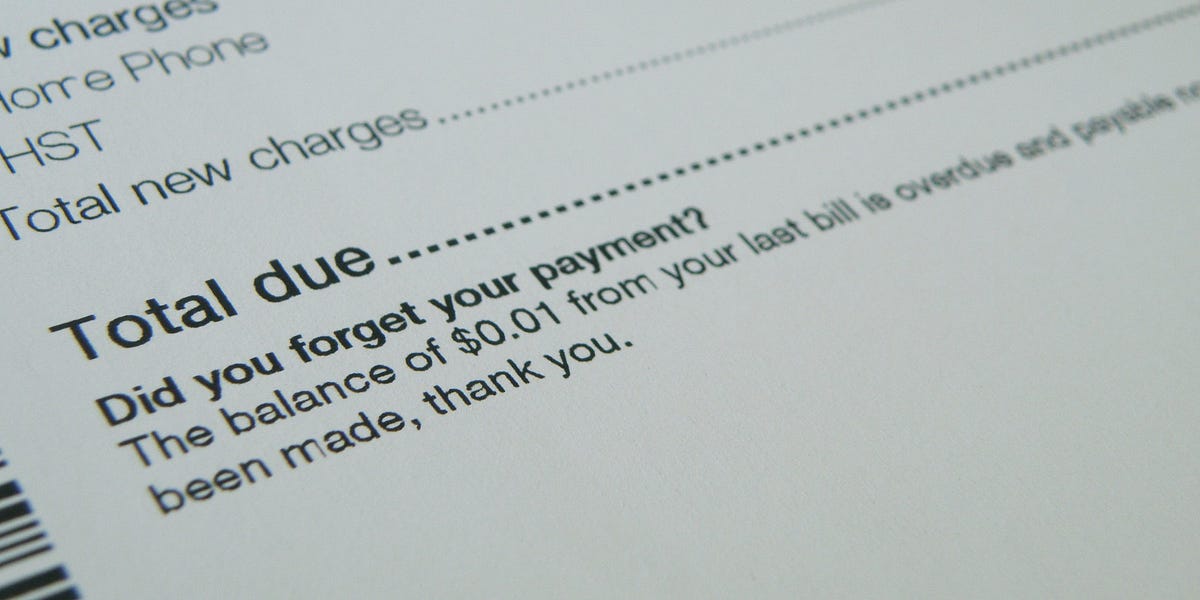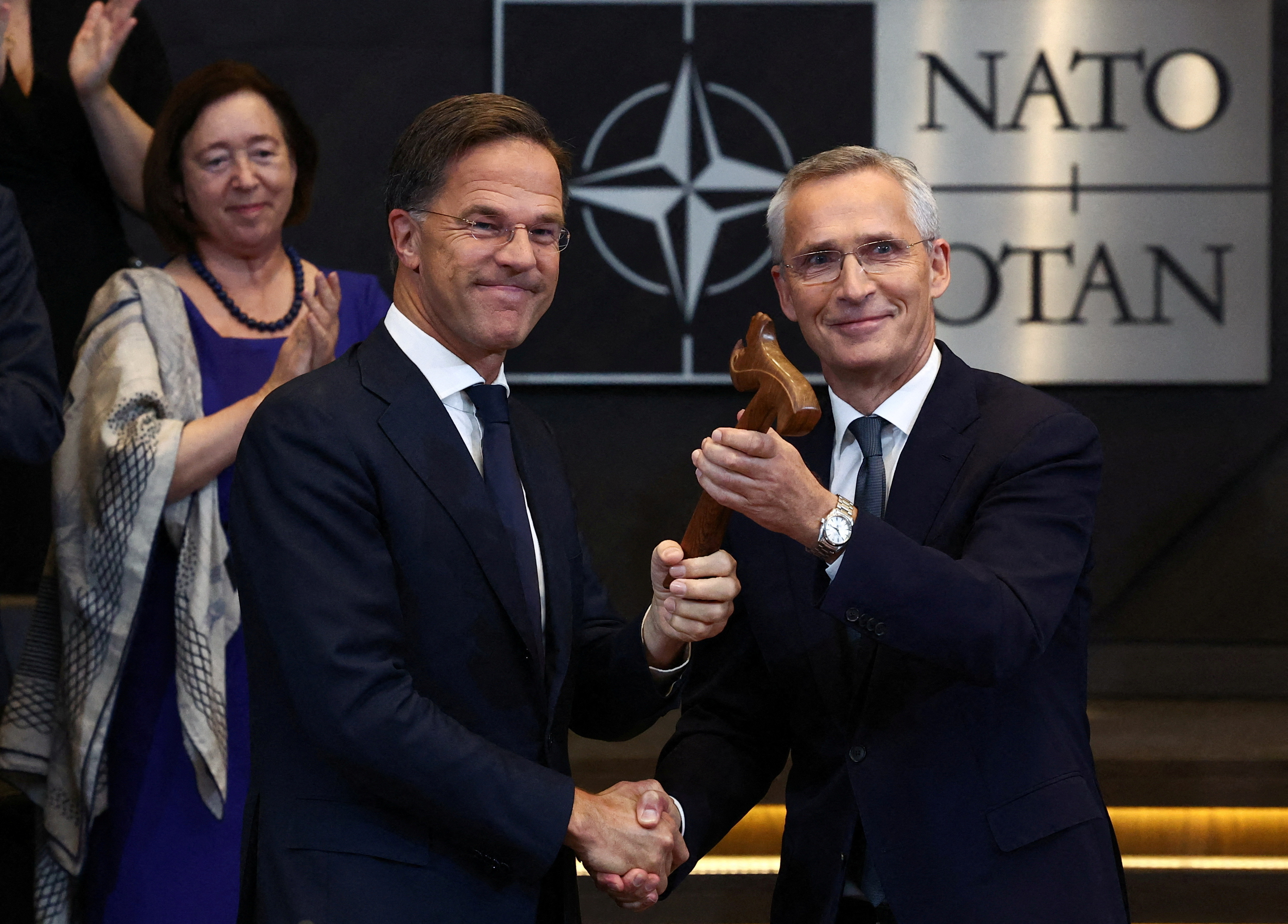Michael Den Tandt, as he admits right up front in
an article in The Line, is a
Liberal. But he, too, says that it is time change.
----------
Michael Den Tandt: Trudeau needs major change. He's choosing nostalgia
Where’s the renewal, the new bums in seats, the fresh approaches, the re-inventions at the senior staff level?
SEP 27, 2024
By: Michael Den Tandt
I don’t know Prime Minister Justin Trudeau well, but I do know him. As a journalist reporting on national politics in Canada I wrote about his political ascent. I later worked for him as a speechwriter. In 2019 I ran for parliament (and lost) on the Liberal ticket. I’ve had beers with the PM on a couple of occasions and spoken to him at length several times, in interviews, speech preparation and informally, though not recently.
What follows, therefore, is an educated guess — and I stress it’s a guess, not based on any insider knowledge. This is me advancing a theory, you could say, about why Trudeau appears so determined to ignore polls that show his party headed for a crushing electoral defeat next year, or possibly sooner — and why he has so far resisted, or ignored, the chorus of voices calling for him to step aside.
Much can be drawn from the prime minister’s recent chat with Stephen Colbert on
The Late Show, which my friend Matt Gurney has dissected,
here. I agree with a lot of what Matt writes about this. My perspective is a bit different, though.
First, the points where we agree: Trudeau carried himself well in the interview with Colbert. He was at his gregarious best. It’s also true that Colbert threw him a lot of softballs. Trudeau is a political professional, an old hand at this point, and he swatted each and every one over the fence. Canada, land of the polite? Check. Maple syrup jokes? Done. Universal health care? Yes we have it, the Americans don’t and perhaps they should. There was even the old clip of the young Justin emerging with his dad from an Ottawa screening of
Return of the Jedi in 1983, enthusing about the movie. Heartwarming stuff. Colbert’s studio audience of smart people — because, let’s face it Colbert is smart, and smart likes smart — ate it up.
Here's where the fault lines start to show. The chat had more than a hint of nostalgia about it, as though Trudeau himself was aware of, and enjoying, the sojourn back to the themes that won him a majority in 2015, and minorities in 2019 and 2021. The hits of yesteryear evidently play well with American liberals, such as Colbert, who don’t think often about Canada, aren’t familiar with our history and have missed the last decade of our national life, during which a full political cycle has dawned, waxed and waned.
Watching Colbert felt like travelling back in time. It’s interesting that a leader who has seen and managed so much — Trump 1.0, a railway blockade, COVID, the Convoy protest and the outbreak of war in Europe and the Middle East — could still express, with all evident sincerity, such sunny optimism about political life and his place within it.
Now, we get to the heart of it. For there is a pervasive sense in Canada in 2024 — Trudeau briefly acknowledged this with Colbert — that it’s time for change. Not only is there a natural cyclical desire for fresh faces, reflected in numerous polls showing the Liberals trailing the Conservatives by a wide margin; but there’s tangible frustration that so much that has been promised remains undone, or partially done; national pharmacare, dental and $10-a-day daycare top that list. To this we must add the piecemeal erosion of carbon pricing and Canada’s continuing failure to manage timely defence procurement and recruitment, at a time when both are increasingly vital.
Here's what Trudeau might have told Colbert about these files, and what Liberal staffers are probably telling themselves privately: We’re not perfect but at least we’re trying. Why aren’t these new social programs further along? Exhibit A would be Donald Trump, whose effort to shove Canada’s manufacturing economy into a ditch consumed all the government’s oxygen in its first term. Exhibit B would be COVID, which came along in March, 2020, obliterating all priorities and plans in its path. No Canadian government in our modern history, certainly not in the post-war period, has faced challenges of this magnitude, back to back. Dudes, we’re tired!
And that would be fair enough, except for this: The typical response to fatigue within a government is renewal. Where’s the renewal, the new bums in seats, the fresh approaches, the re-inventions at the senior staff level? There have been some, driven by the normal course of resignations and attrition, people moving on to other things. But Trudeau has never been the kind of leader who switches out his A-team, whether in cabinet or his office, to make a clean slate. In practice he adheres to Brian Mulroney’s old maxim: You dance with the ones that brung ya. In Trudeau’s case that means the group of political professionals and senior ministers who’ve been with him since the start and are still around. His old friend, also my friend, Gerald Butts, is the most notable exception. Butts left the government in 2019.
This brings us to what, in my view, may be his internal logic for sticking around, come what may. Trudeau must know, as do the people advising him, that his chances of hanging in for a fourth term are slender to nil, given the current electoral map. Acts of God or gods aside, the 10- year run is drawing to a close. It would not be out of character for Trudeau to insist on sticking around because he wants to be the one to wear the coming defeat, if anyone must. Likewise, his seeming insistence on avoiding major course corrections that might move the dial: We got this far sticking with our principles, I can hear him saying: We’re not changing course at the 11th hour just because of some really bad polls.
And here’s where that logic, in my humble opinion, falls down: Politics in Canada has always been about finding honourable compromise and adapting to circumstance. In the 1980s, Mulroney upended our polity by showing, for the first time since the government of Sir John A. Macdonald hanged Louis Riel, that a Conservative could win massively in Quebec, not once but twice. Jean Chrétien in the 1990s pulled off something similar, transforming himself, with the help of Paul Martin, from a free-spending traditional Liberal into a hawkish fiscal conservative, all in the span of a couple years.
The fascinating thing about the third and last Chrétien-Martin majority, which they won in 2000, was that they faced a cyclical malaise not unlike the current one. They’d been in power since 1993; Chrétien’s manner was wearing thin and the “unite the right” movement was at full throttle, coalescing around the editorial pages of Conrad Black’s
National Post, where I worked at the time. After years of austerity, led by the deficit-smashing budget of 1995, and amid growing surpluses, the opposition was howling for tax cuts. So, in a full backwards flip worthy of Simone Biles, Chrétien-Martin offered a $100-billion tax cut. In effect they looted their opponents’ policy book and stole their oxygen. It worked.
The parallel today? The world has changed a lot since an ebullient Trudeau opened with “Sunny ways, my friends, sunny ways!” on the night of his victory in October, 2015. If ever there were a moment for a big pivot, from sunny optimism and idealism to a more grimly voiced realpolitik, it was just after the full Russian invasion of Ukraine in February of 2022. Since then it has become ever clearer that Canada and our North Atlantic Treaty Organization allies, led by the United States (unless, it would seem, Trump wins a second term) are in the early stages of a new Cold War against authoritarian rule — with China, Russia, Iran and North Korea in the vanguard.
Among the least-recognized effects of the COVID era is that it gave the lie to the old excuse that Canada can’t afford to pay for its own defence. As it turns out we can afford just about anything if the need is great enough.
The full Russian assault on Ukraine was a moment, in other words, when Trudeau might have looted Brian Mulroney’s old policy manual on national security and thrown his government fully into the fight — not by going to war with Russia, but by much more actively preparing Canada for the new and more perilous world in which we now live, with immediate, massive investments in our military and security services. There have been noteworthy recent moves in this direction, as my colleague Aaron Shull and I observed in a recent piece for
CIGIonline.org. But in the rapidly evolving geopolitical storm we now face, much bigger moves are warranted.
One could argue that Trudeau’s hands are tied in this regard because he needs the support of either the New Democrats, the Bloc Québecois or both, in order to retain power, and both those parties hew leftwards on national security and defence. Be that as it may, I can’t recall a significant engagement, on late-night TV or elsewhere, in which the prime minister spoke at length, in detail and with passion about the importance, for example, of rapidly rebuilding a deep-water navy that can assert Canadian sovereignty in the Arctic. One is left to assume, based on outcomes, that defence isn’t an urgent priority. For reasons both political and practical, it really, really should be.
----------



mgeist.substack.com


